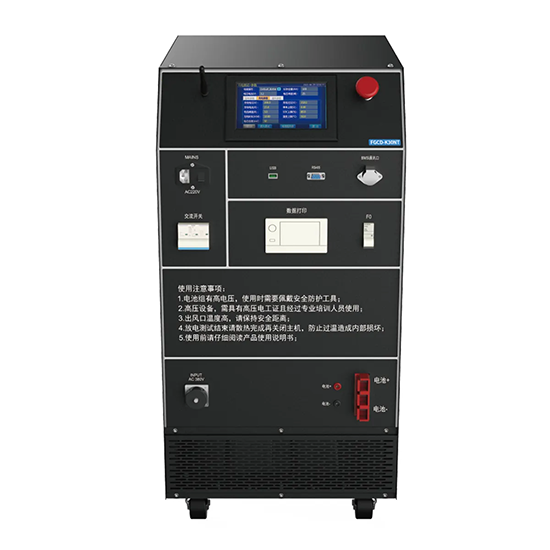
# Battery Discharge Tester: Essential Tool for Safe and Efficient Power Management
## Understanding Battery Dischargers
Battery discharge testers are crucial devices for anyone working with rechargeable batteries. These tools allow users to safely discharge batteries under controlled conditions, providing valuable data about battery performance and health. Whether you’re a professional technician or an electronics enthusiast, understanding how to properly use a battery discharger can significantly extend the life of your batteries and prevent potential hazards.
## Why Battery Discharge Testing Matters
Regular discharge testing offers several important benefits:
– Capacity verification: Determines if your battery still holds its rated capacity
– Performance analysis: Identifies how well your battery performs under load
– Safety checks: Reveals potential issues before they become dangerous
– Cycle life optimization: Helps establish proper charging/discharging patterns
## Key Features of Quality Battery Dischargers
When selecting a battery discharge tester, look for these essential features:
– Adjustable discharge current settings
– Precise voltage monitoring
– Temperature protection
– Data logging capabilities
– Multiple battery chemistry support (Li-ion, NiMH, lead-acid, etc.)
– Clear display of real-time parameters
## Applications Across Industries
Battery discharge testers find use in various fields:
### Consumer Electronics
Manufacturers and repair shops use dischargers to test smartphone, laptop, and tablet batteries, ensuring they meet specifications before reaching consumers.
### Automotive Sector
Electric vehicle technicians rely on sophisticated discharge testers to evaluate high-voltage battery packs and individual cells.
### Renewable Energy Systems
Solar and wind power installations require regular battery testing to maintain optimal energy storage performance.
### Industrial Applications
Factories and warehouses use battery testers to maintain their fleets of electric forklifts and other battery-powered equipment.
## Safety Considerations When Using Battery Dischargers
Always follow these safety guidelines:
– Work in well-ventilated areas
– Never leave discharging batteries unattended
– Use appropriate personal protective equipment
– Monitor battery temperature throughout the process
– Follow manufacturer instructions for your specific battery type
## Choosing the Right Discharge Tester for Your Needs
Consider these factors when selecting a tester:
– Voltage range compatibility
– Maximum discharge current
– Supported battery chemistries
– Data recording capabilities
– Portability requirements
– Budget constraints
## Maintaining Your Battery Discharge Tester
Proper maintenance ensures accurate results and long service life:
– Keep the unit clean and dry
– Store in appropriate environmental conditions
– Regularly check calibration
– Update firmware when available
– Inspect cables and connectors for wear
## The Future of Battery Testing Technology
Emerging trends in battery discharge testing include:
– Wireless monitoring capabilities
– AI-powered performance prediction
– Integration with battery management systems
– Cloud-based data analysis
– Automated testing sequences
By investing in a quality battery discharge tester and using it properly, you can significantly improve your power management strategy, extend battery life, and prevent costly failures. Whether you’re maintaining a single device or managing an entire fleet of batteries, this essential tool provides the data you need to make informed decisions about your power storage solutions.
Keyword: Battery Discharger
